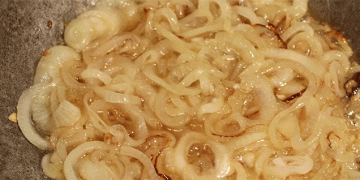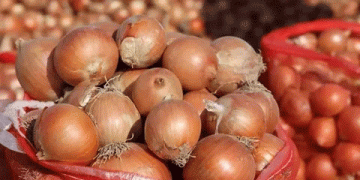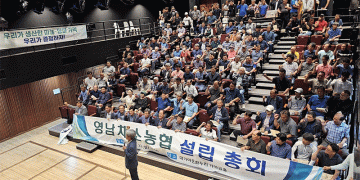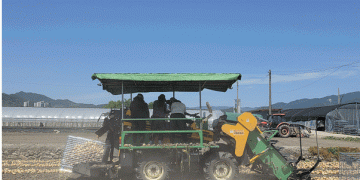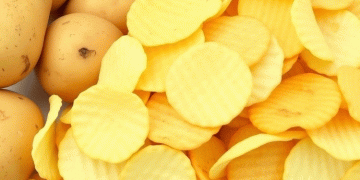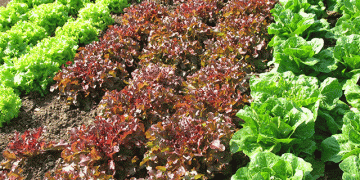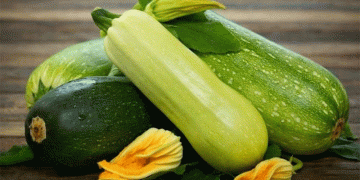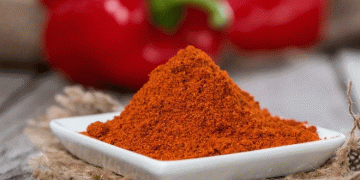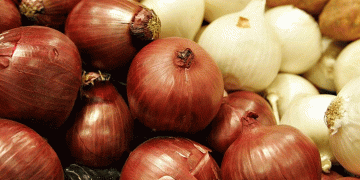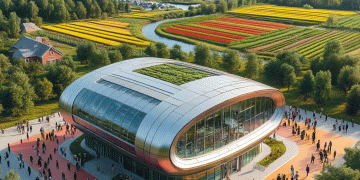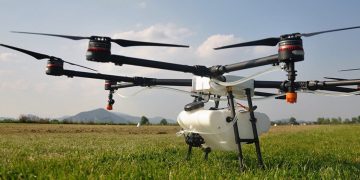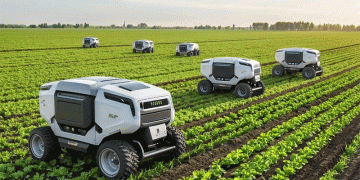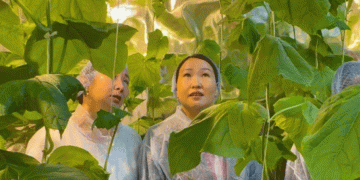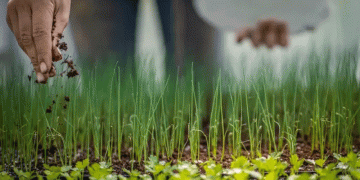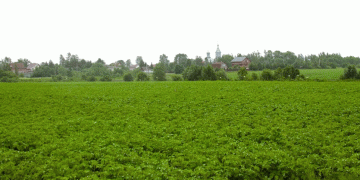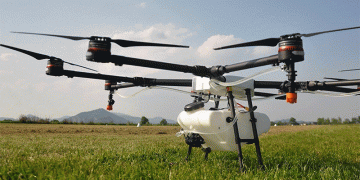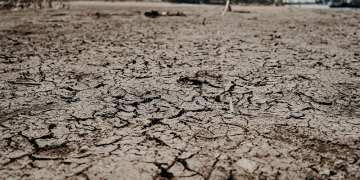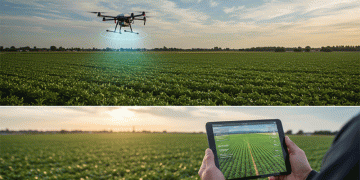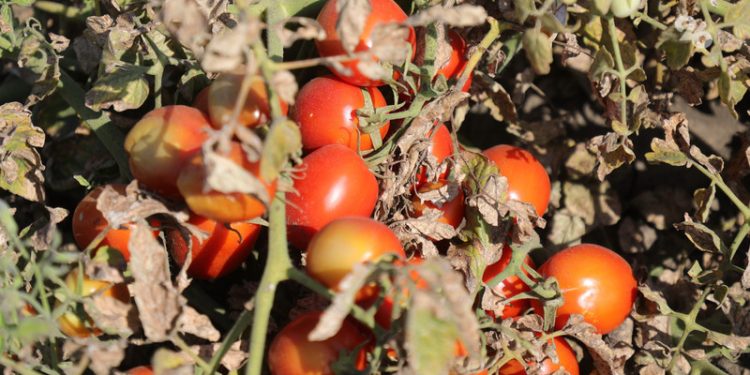#Agriculture #SeedImports #RussianAgriculture #AgriculturalPolicy #SeedProduction #FarmingTrends #AgriculturalInnovation #AgriculturalSustainability
In the wake of Russia’s imposition of restrictions on seed imports, the agricultural landscape undergoes a significant transformation. As per Igor Lobach’s assertions, the domestic market appears resilient, buttressed by meticulous quota calculations that prioritize native seed production. This strategic approach aims to avert scarcities, particularly in pivotal crops such as sunflower, sugar beet, barley, and waxy maize.
The testament to this resilience manifests vividly in the marketplace dynamics, where a notable uptick in seed sales reverberates. According to statistics from a prominent marketplace, sales surged by an impressive 153% in value and 172% in volume compared to the previous year. Among the diverse array of seeds, dill emerges as the champion, captivating the preferences of both seasoned agriculturists and aspiring gardeners alike.
However, amidst the optimism, concerns linger regarding the potential ramifications of stringent import regulations. Stavropol’s Agriculture Minister, Sergey Izmalkov, underscores the imperative for concerted action within the scientific community. The call to arms resonates with urgency, emphasizing the pivotal role of innovation in safeguarding agricultural sustainability and ensuring the availability of superior-quality seeds for farmers nationwide.
In navigating these evolving landscapes, collaboration between policymakers, agricultural experts, and stakeholders becomes paramount. It is through such synergy that the agricultural sector can surmount challenges, leveraging innovation and adaptability to cultivate resilience and usher in a new era of agricultural prosperity.
Russia’s decision to restrict seed imports initiates a pivotal juncture in the country’s agricultural trajectory. While challenges loom on the horizon, the concerted efforts of stakeholders, buoyed by strategic planning and scientific innovation, offer a beacon of hope. By embracing these changes with resilience and foresight, Russia’s agricultural sector stands poised to overcome obstacles and sow the seeds of a prosperous future.














